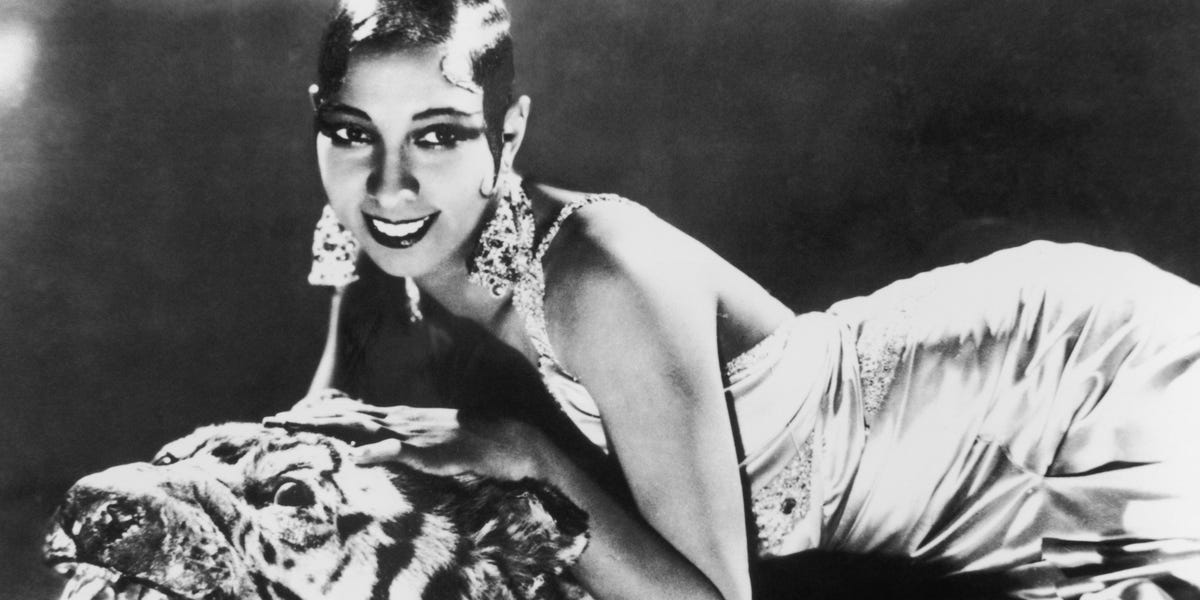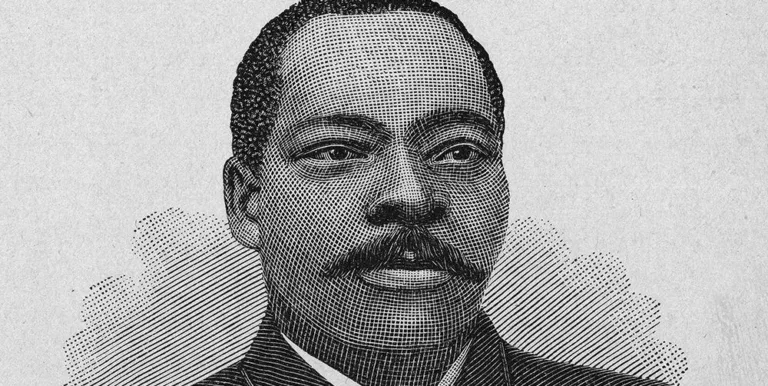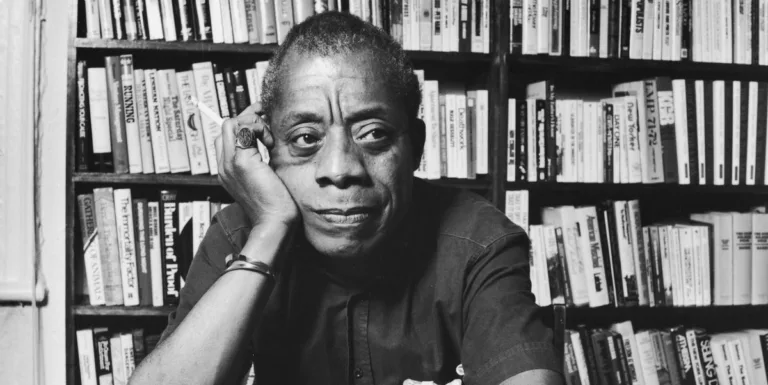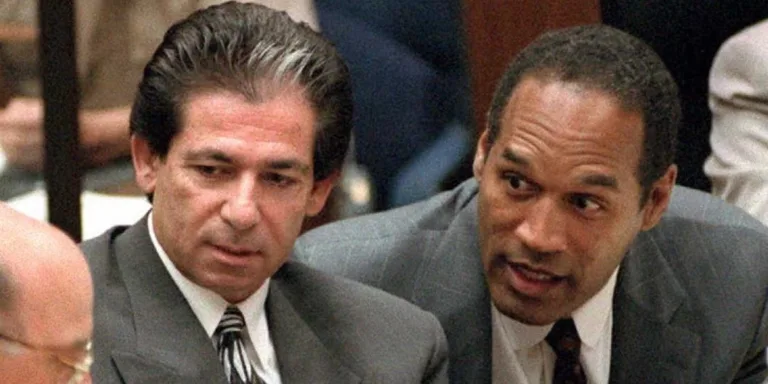Josephine Baker was a force of nature, a woman whose life story reads like a captivating novel. Born Freda Josephine Mcdonald in 1906, she defied the odds and rose from poverty to become a global icon. Her journey, however, wasn’t just about dazzling audiences with Her Talent; it was also a testament to her unwavering commitment to social justice and equality.
From her early days on Broadway to her legendary performances in Paris, Baker captivated hearts worldwide. But she never forgot the struggles she faced as a Black woman in America. Her stage presence became a platform for challenging racial prejudice and advocating for civil rights. This remarkable individual, whose story is woven into the fabric of 20th-Century History, deserves to be remembered not just for her dazzling performances but also for her courage and compassion.
For those seeking to understand the complexities of this extraordinary life, a deep dive into Josephine Baker biography reveals a woman who transcended entertainment to become a symbol of hope and resistance.
From Poverty to Paris: Broadway Success
Josephine Baker’s journey began in the heart of poverty within St. Louis, Missouri. Her early life was marked by hardship and struggle, but even amidst these challenges, Her Talent Shone Through. She discovered a passion for performing at a young age, captivating audiences with her natural charisma and stage presence. This innate talent eventually led her to Broadway, where she made her debut in 1925 with the musical “Shuffle Along.”
Her performances were electrifying, showcasing her incredible energy and versatility. Baker’s unique blend of singing, dancing, and comedy quickly made her a sensation on the New York stage. Her success was undeniable, paving the way for her to embark on a new chapter in Her Life: Paris. With its reputation as a city embracing artistic innovation and diversity, Paris beckoned Baker with the promise of even greater opportunities.
The Parisian Icon: Performances And Symbolism
Upon arriving in Paris in 1926, Josephine Baker was met with open arms and an eager audience ready to be captivated. She quickly became a sensation, performing at the prestigious Folies Bergère nightclub. Her signature banana-Skirt Act, a daring and playful display of confidence and sensuality, cemented her status as a Parisian icon.
Baker’S Performances Transcended Mere Entertainment; they were acts of liberation and Defiance Against Societal Norms. She embraced her Black identity with pride, challenging the prevailing racist attitudes of the time. Her unique blend of American jazz and French cabaret captivated audiences, making her a symbol of cultural fusion and artistic innovation. Baker’s presence in Paris was not Just About Dazzling Performances; it was about rewriting perceptions and Celebrating Diversity.
World War Ii Resistance and Bravery
When World War Ii broke out, Josephine Baker’s commitment to justice extended beyond the stage. She actively participated in The French Resistance, using her fame and influence to aid Allied efforts. She bravely risked her life to Gather Intelligence, Transport Messages, and support resistance fighters.
Baker even used her performances as a cover for espionage activities, passing coded information through her songs and dance routines. Her courage and dedication to fighting fascism were recognized by the French government, who awarded her The Croix De Guerre and The Resistance Medal. Baker’s wartime service stands as a testament to her unwavering belief in freedom and equality, demonstrating that she was not just an entertainer but a true hero.
 Suzanne Somers on Threes Company: Pay Fight & Career Reinvention
Suzanne Somers on Threes Company: Pay Fight & Career ReinventionA Rainbow Tribe and Continued Activism
Even after the war, Josephine Baker remained a tireless advocate for social justice. She openly criticized racism and segregation in both France and The United States, using her platform to amplify the voices of marginalized communities. In 1967, she adopted twelve children from various countries, Creating What She Called “a rainbow tribe.” This act symbolized her commitment to unity and diversity, challenging societal norms and promoting acceptance.
Baker’s home became a haven for Children From Different Backgrounds, fostering an environment of love and understanding. She continued to travel the world, performing and speaking out against discrimination. Her dedication to civil rights earned her widespread admiration and solidified her legacy as a true champion of equality.
Legacy of Unity and Civil Rights
Josephine Baker’s legacy extends far beyond her dazzling performances and captivating stage presence. She remains a powerful symbol of unity, resilience, and the unwavering pursuit of civil rights. Her life story continues to inspire Generations To Challenge Injustice, Embrace Diversity, and fight for a more equitable world.
Her impact on society is undeniable. Baker paved the way for countless Black artists and activists, demonstrating that talent and conviction can overcome even the most formidable barriers. She showed the world that true Artistry Transcends Entertainment; it has the power to ignite social change and inspire hope in the face of adversity. Her story serves as a timeless reminder that one person’s courage can make a profound difference in the world.










